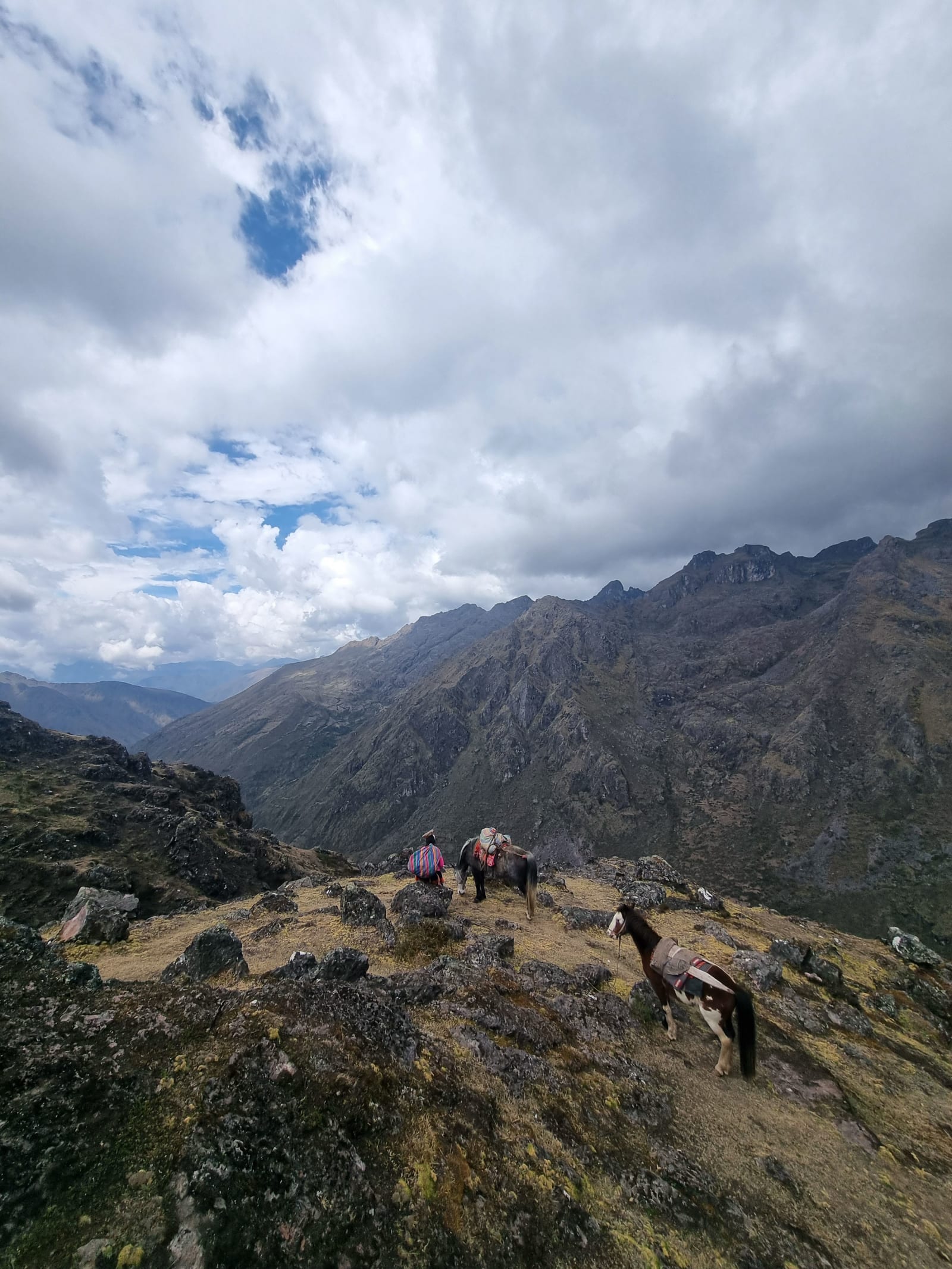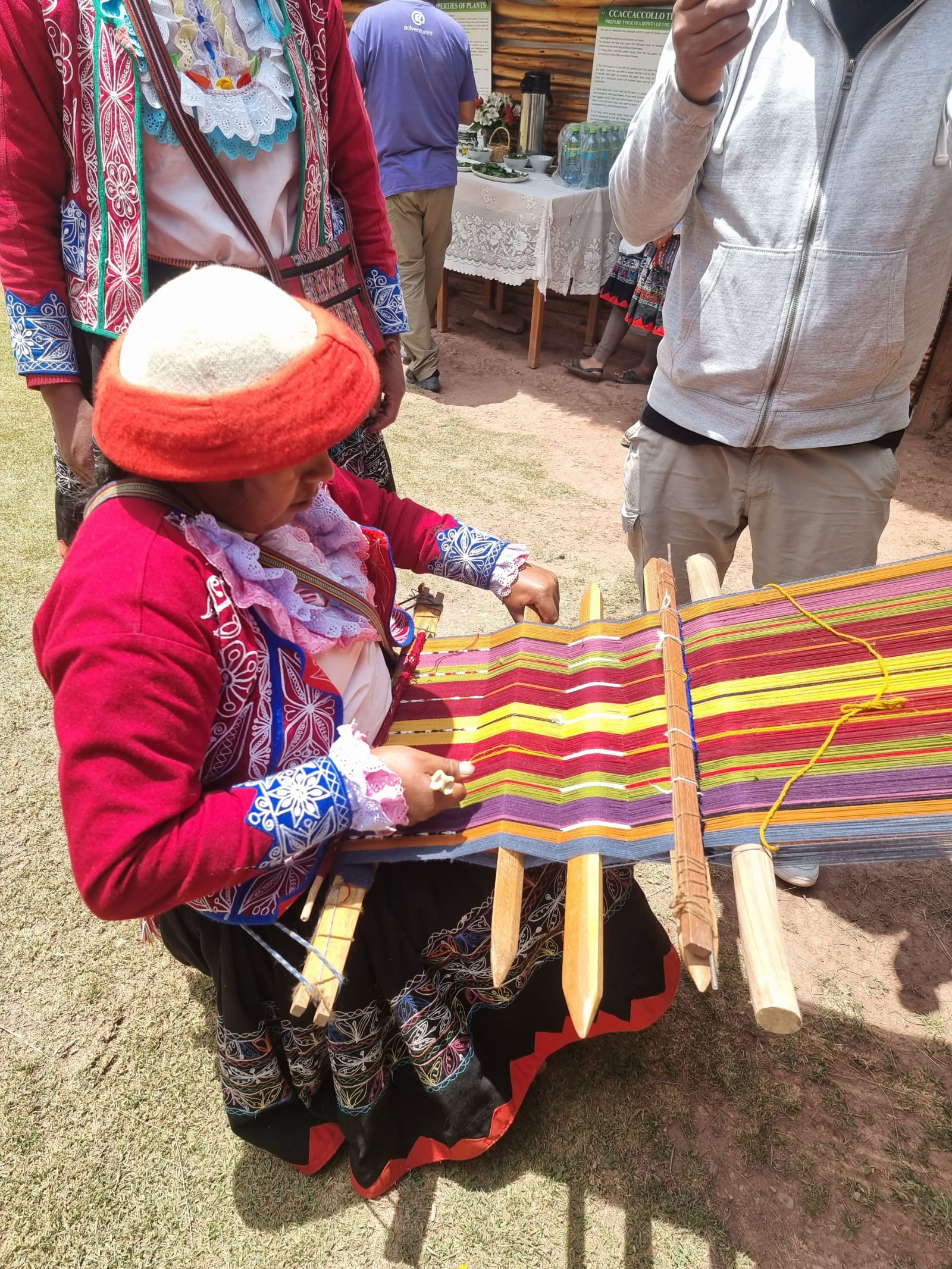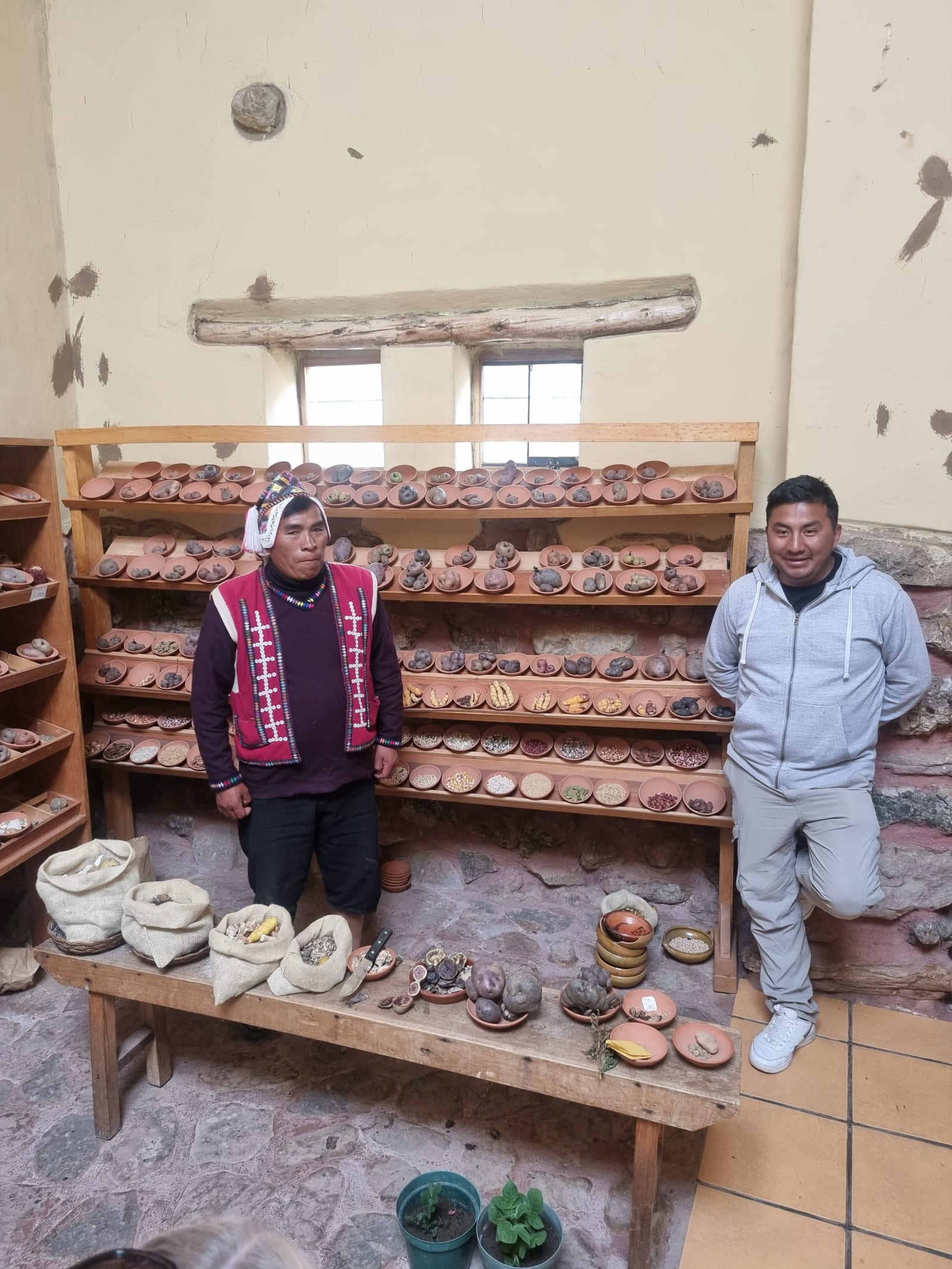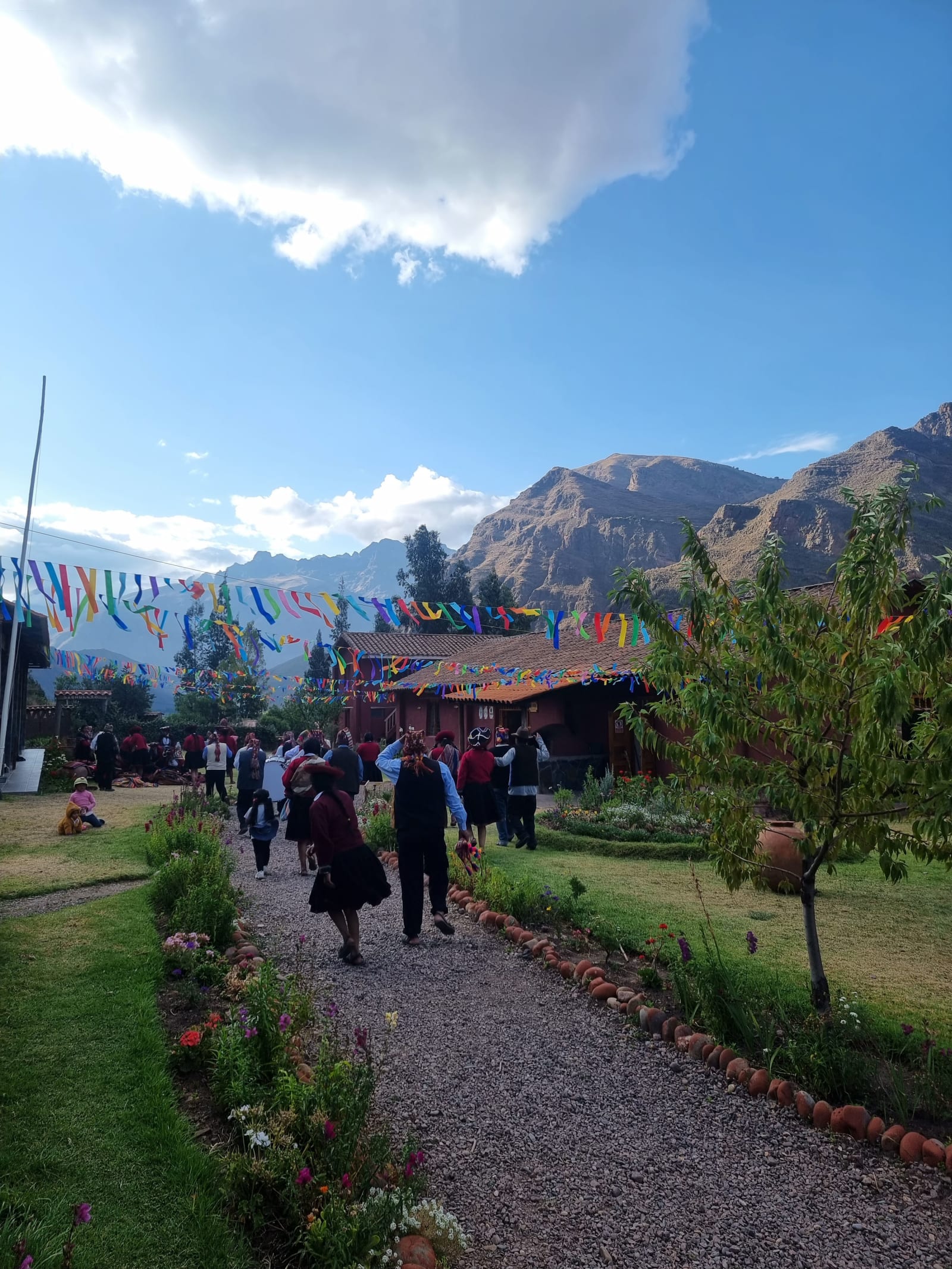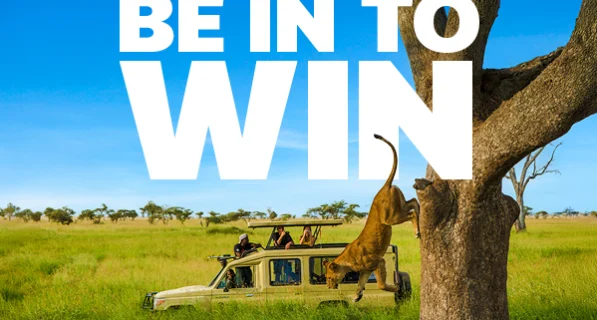The Rise Of Community Tourism And How To Travel With More Purpose
Tourism is a USD$8 trillion global industry, yet many communities and businesses do not benefit from it. Community tourism aims to actively change this.
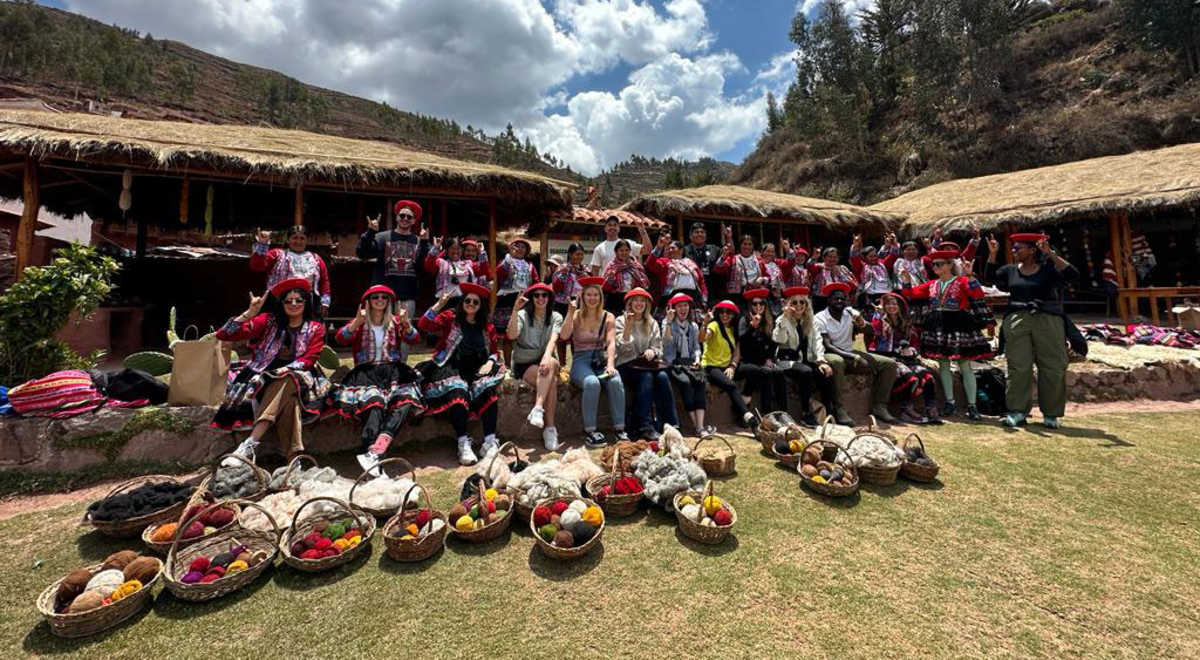

Head of Content and Social Media

Head of Content and Social Media
Site quick links
Help & support
Flight Centre acknowledges the Traditional Custodians of Country throughout Australia.
© Flight Centre Travel Group Limited. ATIA Accreditation No. A10412.
*Travel restrictions & conditions apply. Review any specific conditions stated and our general terms at Terms and Conditions. Prices & taxes are correct as at the date of publication & are subject to availability and change without notice. Prices quoted are on sale until the dates specified unless otherwise stated or sold out prior. Prices are per person.

